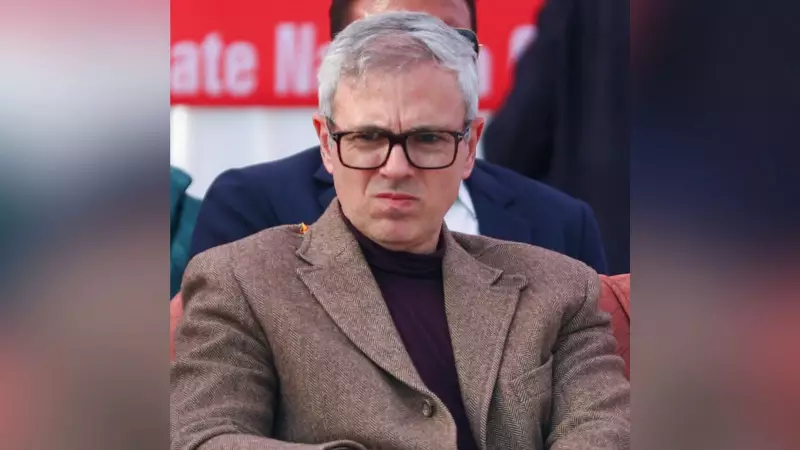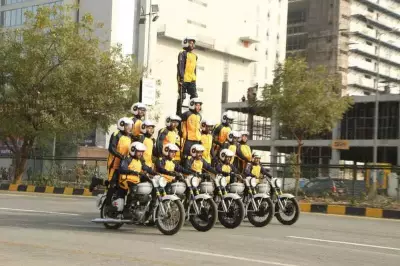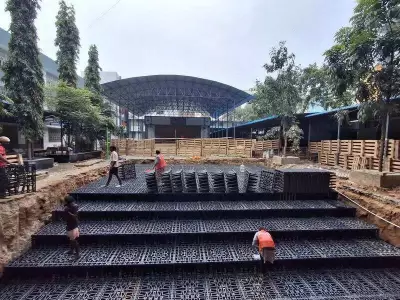
Jammu and Kashmir Chief Minister Omar Abdullah has expressed deep concern over the growing sense of apprehension and collective suspicion faced by residents of the union territory following the recent car explosion in Delhi. Speaking at an event in south Kashmir's Kulgam, Abdullah revealed that he himself hesitates to drive his J&K-registered vehicle in the national capital due to the heightened security environment.
Collective Suspicion and its Impact
The Chief Minister's comments come exactly a week after the tragic car blast near Delhi's Red Fort that claimed 13 lives on November 10. Abdullah emphasized that while only a few individuals were responsible for the violent act, an unfortunate perception was being created that all people from Jammu and Kashmir should be held accountable.
"Few people are responsible for what happened in Delhi, but a perception is being created that we all are to blame for that and we all are a part of it," Abdullah stated during his interaction with reporters. He shared his personal experience, noting that "Today, even driving a J&K registration vehicle in Delhi is being seen as a crime."
The political leader described his own dilemma when traveling without extensive security cover: "When I do not have many security personnel with me, I myself think whether I should take out my car or not, as I do not know if anyone will stop me and ask me where I was from and why I had come there."
Security Measures and Public Apprehension
The multi-agency investigation into the Red Fort blast has led to intensified security checks across the National Capital Region. According to reports, security agencies have checked more than 500 people from Jammu and Kashmir in Faridabad alone as part of the heightened security measures implemented after the explosion.
Abdullah highlighted how this environment affects ordinary citizens from the region. "In the prevailing circumstances, perhaps parents will not like to send their children outside. When we are looked at with suspicious eyes from every side, when attempts are made to defame us for someone else's doing, then it is obvious that it becomes difficult for us to leave for outside," he explained.
Questioning the Post-370 Reality
In a significant political statement, the Chief Minister questioned the effectiveness of revoking Jammu and Kashmir's special status in curbing violence in the region. Abdullah directly addressed the claims made about improved security conditions after the constitutional changes implemented on August 5, 2019, when the Centre abrogated Article 370 of the Constitution.
"We were told that this will not happen now, and this cycle will end after 2019. But, it has not," Abdullah asserted, referring to the persistent violence in the union territory. He emphasized that Jammu and Kashmir, particularly Kashmir, has witnessed extensive bloodshed over the past 30-35 years, and the promised peace remains elusive.
The Chief Minister called for greater accountability from those responsible for security in the region. "We want this cycle of violence to stop," he stated, while clearly indicating that the revocation of special status has not delivered the anticipated results in terms of security improvement.
The former state of Jammu and Kashmir was bifurcated and downgraded into two Union territories – J&K and Ladakh – as part of the same constitutional reorganization. Abdullah's comments represent one of the most direct challenges to the narrative of improved normalcy in the region following these historic changes.





